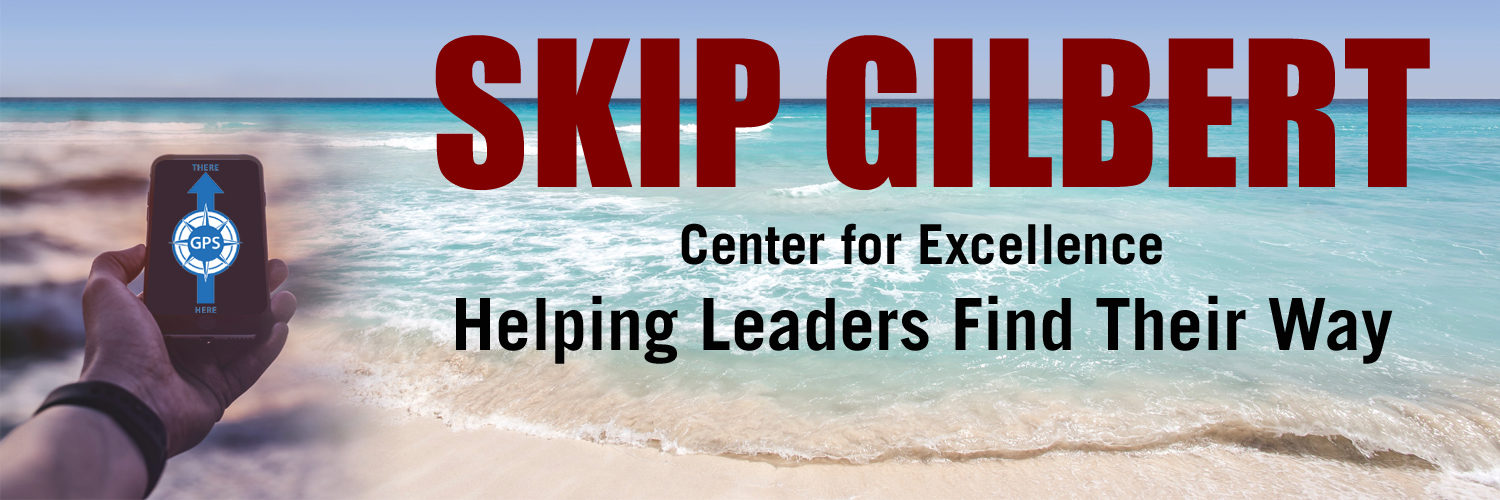Sailing to New Destinations

How do you like your job? Is it satisfying? Are you eager to get started each day, or is it a chore that you have to do? Is there something that you would rather do, or are you already doing it? These are challenging questions and require some soul searching. The answers are critical to achieving our goals and to our daily survival.
Career choice and work positions are not always in our control. The bottom line is that most of us need income on a regular basis to meet our basic needs and family obligations. Sometimes that entails finding a job that will provide a paycheck that may not be in alignment with our dreams and expectations, but we do not have to be stuck there.
Life is too short to be stuck in a job that is not fulfilling. If we work from the time we are 21 until the age of 65 we will work over 91,520 hours in our career. That is a long time to be miserable. Interestingly, according to a study conducted by the Bureau of Labor Statistics in 2010, the average American will have about 11 jobs in a lifetime. Additionally, according to a survey conducted by the Washington Post, only 13% of employees actually like their jobs. We can conclude that we will work a lot of hours in our career, we do not like our jobs, and that we change jobs with some regularity. It sounds like we are searching, but not finding what we are seeking, so what can we do?
Sometimes our life circumstances place us in jobs of necessity. Let’s not sell ourselves short when we find ourselves in the position of doing what we have to do to survive. It takes character and responsibility to recognize the current necessity and see that our obligations are met. Let’s be sure to recognize that even in these circumstances, we are special people. Not only can we be counted on to meet our responsibilities, we are able to grow where we are planted.
However, just because we are currently engaged in a position of necessity does not mean we should give up on the dreams in our hearts. No matter where we are and what we are currently doing, we are on our way to somewhere else. We are not the type of people to just accept the status quo and concede that this is the best things will ever be. As long as our dream is alive, we are headed to our next destination. That destination can be a position greater satisfaction and reward if we keep moving forward.
Let’s follow our dreams!
If we look across the Internet we will find a vigorous debate raging on the career advice to follow your passion. Some say it is necessary and others say it is reckless. However, if we examine the arguments closely, they seem to align on the idea that we should move our career in the direction of our interest and caution us not to be reckless in our pursuit. Probably good advice.
Given that as long as we have a dream in our hearts and we are moving toward a new destination, we should consider what that direction might be. This requires some honest self-reflection. We need to ask ourselves questions like, what is my perfect job? If I no longer needed to work for money, what would I spend my life doing? What is it that I would like to do that someone would pay me to do?
Here is a key question, what is it that I would like to do that someone would pay me to do? You see, I am very good at sleeping and eating, but that is not something that I am likely to be able to make a living doing. This goes back to the advice not to be reckless in our career actions, but to execute a well thought out plan.
Interestingly enough, our next career step may not be a direct promotion. It is possible that it could be in another industry or profession. As I look back on my career I have moved into a variety of industries and professions as I pursued various opportunities. At the time it seemed that the next step was doing something very different from what I was doing previously. However, as I look back on those positions I can see that they actually create a straight path to where I am now.
My key learning is that there is no such thing as a career path map. If we are expecting our current employer to provide a career progression map, we will never be satisfied with the destination or timing. That map is based on our employer’s needs, not what we have in our hearts. We have a unique set of skills and talents that can only be satisfied by pursuing our own career path. Furthermore, we cannot map the endless possibilities that are in front of us, we can only manage the next step along a path to our goal.
Here are some practical next steps to help in our journey.




